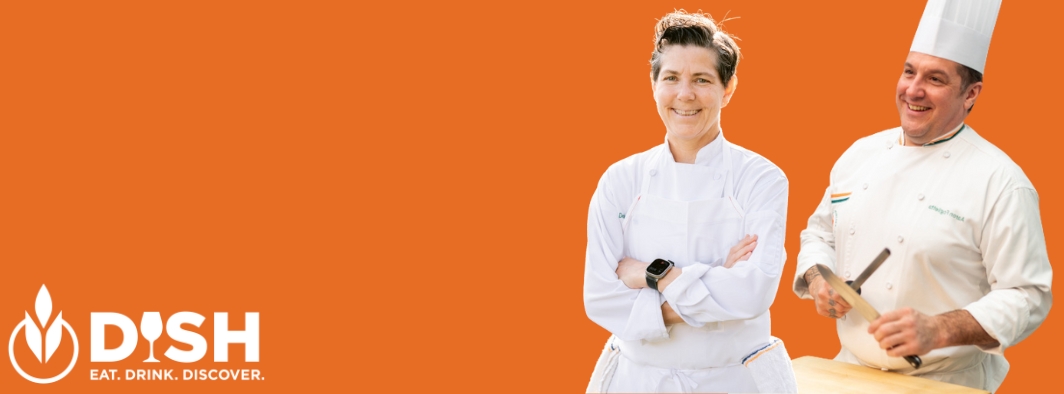
Oops! It Looks Like You’re Missing Access
To explore this exclusive content, you need to be an active member of the DISH community. Don’t miss out on the latest updates, special perks, and member-only content!

To explore this exclusive content, you need to be an active member of the DISH community. Don’t miss out on the latest updates, special perks, and member-only content!